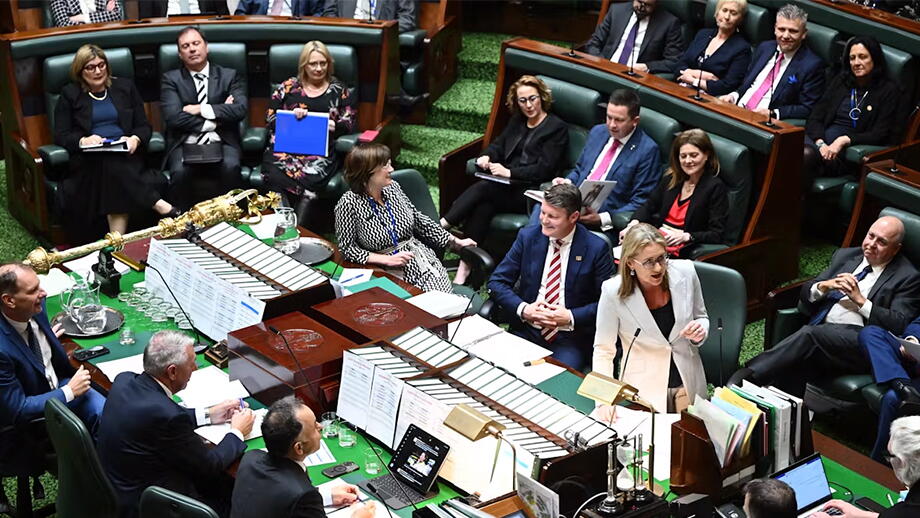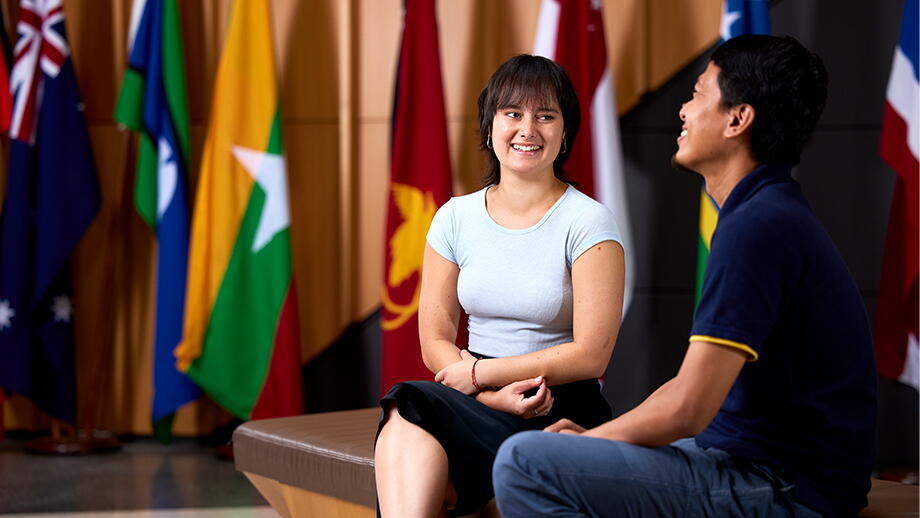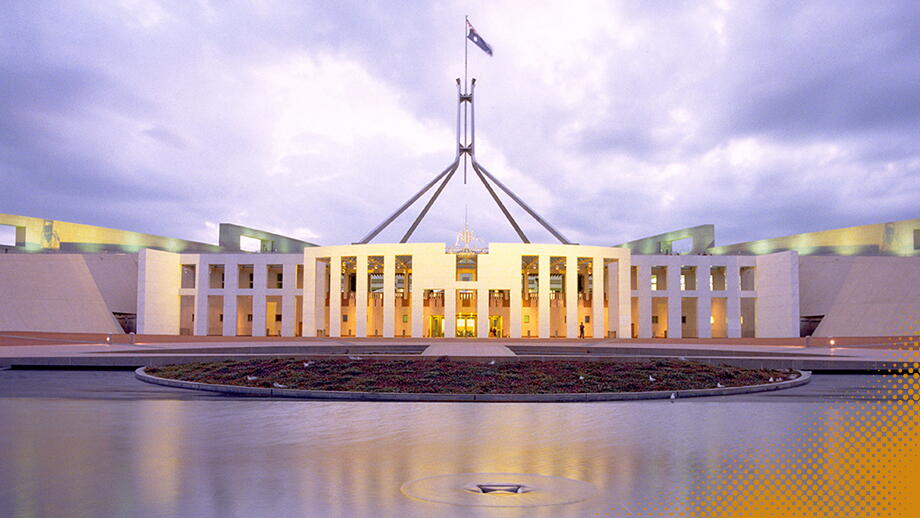In Short:
Much of the research on gender and diplomacy to date has focused on those already let into the ‘club’ of international elites and details the impact of the exclusion of women in senior positions and the impact on diplomatic agendas. We wanted to go back a step and consider the “threshold” to diplomacy itself: security clearance processes.
Research overview
Much of the research on gender and diplomacy to date has focused on those already let into the ‘club’ of international elites and details the impact of the exclusion of women in senior positions and the impact on diplomatic agendas.
We wanted to go back a step and consider the “threshold” to diplomacy itself: security clearance processes. Security vetting ultimately determines who progresses, and what level of clearance (and therefore seniority or range of position) individuals can achieve in diplomacy. This has specific implications for women and minoritised groups, given that ‘[t]he higher an organisation’s security clearance is, the worse the gender balance’.
This article seeks to trace the journey for individuals entering a diplomatic career. It argues that security vetting is simultaneously based on legitimate processes for assessing potential national security threats, and on values interpretation (such as loyalty, maturity and trustworthiness) which may invite bias or lead to illegitimate processes of exclusion.
By uncovering the gendered history of vetting, we can better understand the limitations of the current de-historicised and ‘impartial’ process.
We argue that clearance processes have not sufficiently evolved over the past decades of social progress, which has negative implications for the evolution of diplomacy as a social practice.
Contact
Elise Stephenson
Deputy Director
Climate change, Intersectionality & identity, Politics & international affairs, The space sector, Youth engagement
You may also like
Addressing barriers and forging pathways to women’s participation in politics
We collaborated with Women for Election (WFE) to explore what is preventing women and gender diverse Australians from greater participation in politics – particularly those from under-represented…
A fair go for all
The desire – and need – for intergenerational policymaking has never been greater. This research sought to understand the extent to which Australian voters care about longterm policymaking, whether…
Insiders and outsiders
While the idea of a gender-sensitive parliament is over 20 years old, institutional reforms in the name of gender equality have been slow to materialise around the world. In this article, we uncover…




